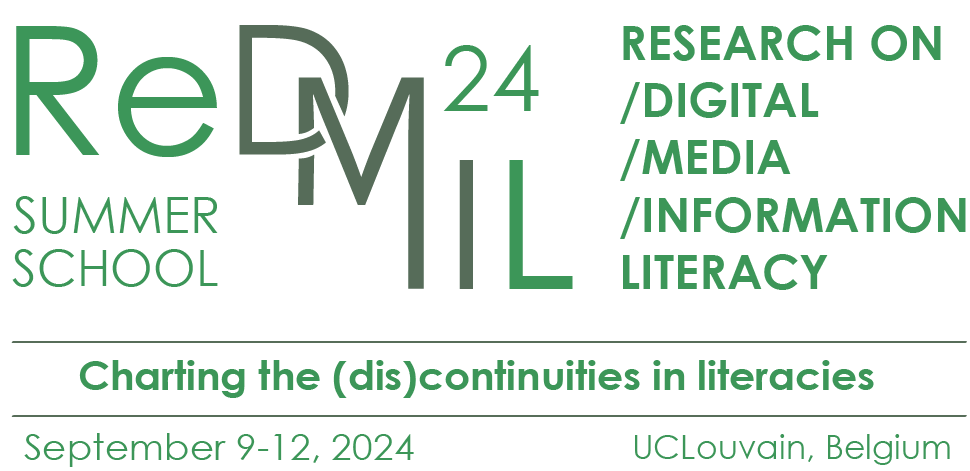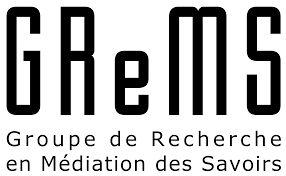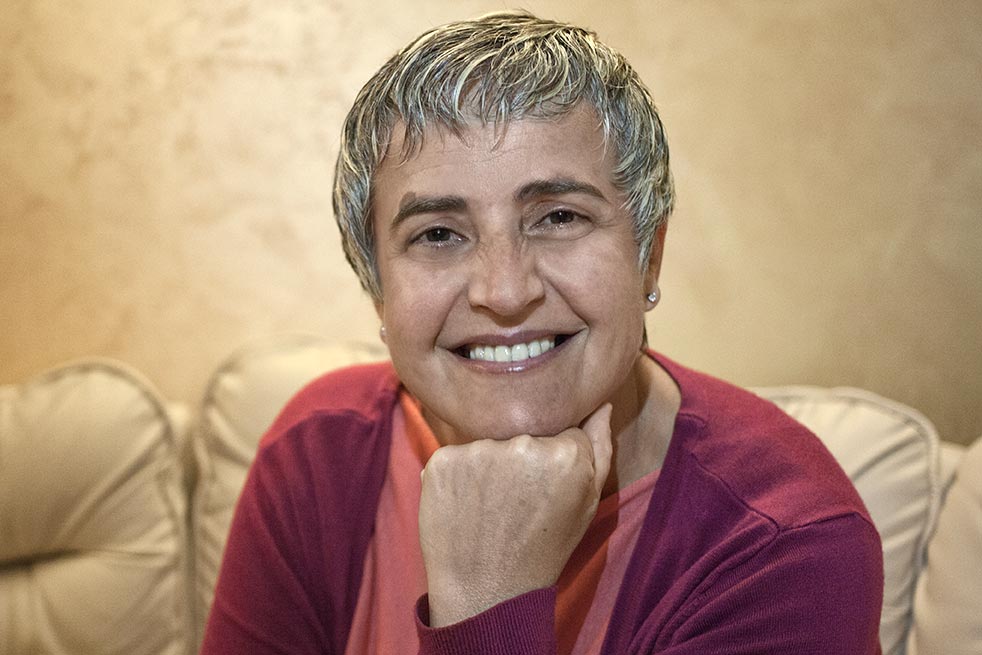
Gianna Cappello
University of Parlermo (Italy)
Gianna Cappello teaches Sociology of education and digital media at the University of Palermo, Italy. She is president of MED (Italian Association for Media Education, www.medmediaeducation.it). Her research focuses on critical theory, media studies and media education. She has recently worked on the notion of “educational commons” developed within a media education approach and the process of platformization of education.
Keynote title : Media Literacy Education: Research Trajectories and Approaches
Within the larger body of research conducted in the field of media, children and education, two main approaches will be identified as having a particular relevance to the field of media literacy education. The first one develops a more context-based understanding of children’s media practices and how they relate to education. Within this tradition, two subtrajectories intersect: an interpretative/ethnographic one that looks at the micro-level of media texts and their relationship with audiences, and a social-sciences one which looks at the macro-level of media productions and their relationship with social groups, institutions, organizations, and public discourses and policies. The second research approach is more action-oriented as it promotes transformation and social change by embedding critical and creative media literacy components in educational practices (both in formal and non-formal settings). Usually, action research intends to generate contextualized knowledge for enhancing specific educational practices.

Normand Landry
Université TELUQ (Canada)
Normand Landry is Canada Research Chair in Media Education and Human Rights and Professor at TÉLUQ University. Normand’s work focuses on communication rights, media education, social movement theory, law and democratic communications. His research has led him to participate in international summits organized under the aegis of the United Nations, to intervene with parliamentary groups and to get involved with civil society groups.
Keynote title : Rethinking Digital Critical Thinking: From a Critical Examination of Quebec’s Educational Policies to a Pedagogical Proposal
This talk articulates a pedagogical agenda for the development of critical thinking skills in relation to digital technology. It begins by articulating a critique of the approach taken by Quebec’s Digital Competency Framework (MEES, 2019). It then presents the pillars of a critical perspective towards digital technology and defines an approach based on pedagogical principles and key concepts that build on these pillars.
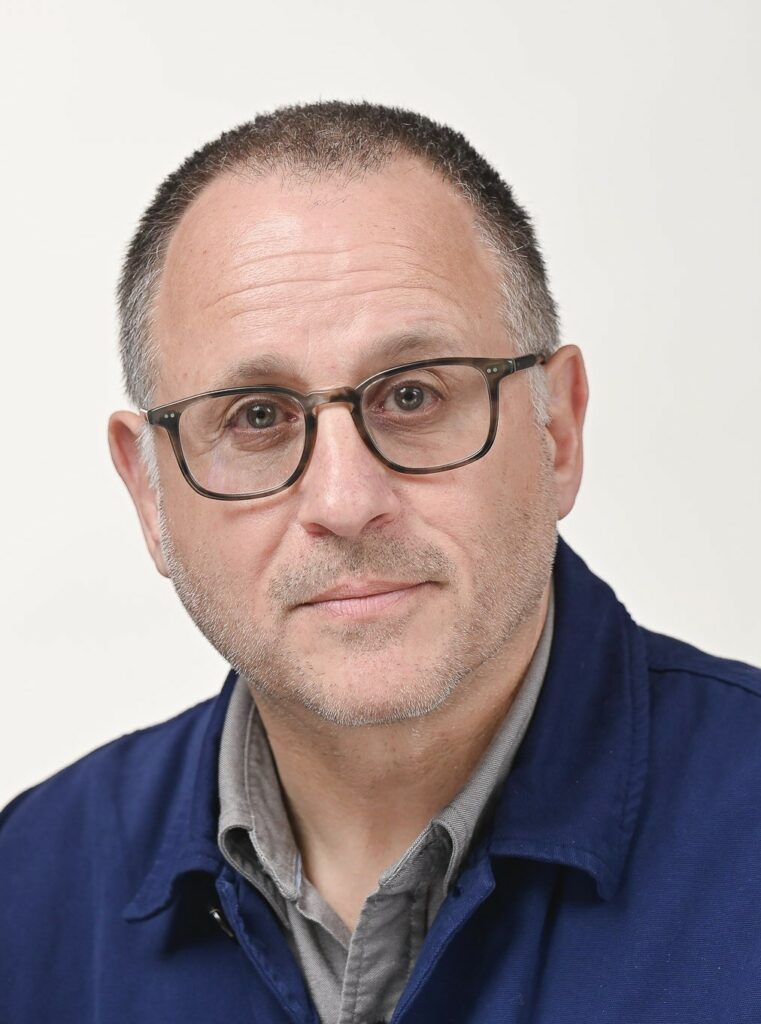
Julian Sefton-Green
Deakin University (Australia)
Julian Sefton-Green is Professor of New Media Education at Deakin University, Melbourne, Australia. He has worked as an independent scholar and has held positions at the Department of Media & Communication, London School of Economics & Political Science (where he is currently a visiting professor) and at the University of Oslo working on projects exploring learning and learner identity across formal and informal domains. He has been an Honorary Professor of Education at the University of Nottingham, UK and the Institute of Education, Hong Kong, and a Visiting Professor at The Playful Learning Centre, University of Helsinki, Finland.
He has researched and written widely on many aspects of media education, new technologies, creativity, digital cultures and informal learning and has authored, co-authored or edited 20 books. He is currently a key lead researcher in the Australian Research Council funded Centre of Excellence studying Digital Childhoods and co-director of a 3 year study, funded by The Wallace Foundation, Tracing the Enduring effects of Community Arts participation.
Keynote title : Why researching literacies is like feeding Schrodinger’s cat!! Reflections on 40 years of scholarly frustrations
This talk aims to lay down key moments in the history of literacy and literacy research to act as points of reference for the summer school. I will use moments from my own research over the past 35 years to explore the challenges of researching both the theory and activities of literacies (in classrooms, in public debate and as informal practices) in concert with understanding of how difficult it has been to enable progressive theories of literacy gain traction in public discourse. The talk will help students reflect on different pedagogical understandings of literacy from social discourse and psychological perspectives as it moves through different iterations of the literacy heuristic from media literacy to AI literacy.

Leo Van Audenhove
imec-SMIT-Vrije Universiteit Brussel & CoLAB University of the Western Cape
Leo van Audenhove is head of the Department of Communication Studies at Vrije Universiteit Brussel. He is a researcher at imec-SMIT, VUB and is extra-ordinary professor at the University of the Western Cape, South Africa.
In 2013, he was instrumental in setting up the Knowledge Centre for Digital and Media Literacy in Flanders, of which he subsequently became the director. The centre was established by the government as an independent centre to promote digital and media literacy in Flanders. His research focuses on media and data literacy, digital-inclusion, internet governance and ICT4D (Information and Communication Technologies for Development).
Keynote title : Thinking strategically about a future research agenda on digital inclusion and digital literacies
The research centre Studies on Media, Innovation and Technology imec-SMIT-Vrije Universiteit Brussel has been on the forefront of social science research, on technological innovation and its consequences, for over 25 years. Doing research in an area of constant flux due to technological change is not easy. On the one hand, we need to avoid being carried away by the hype around new developments. On the other hand, we need to prevent our research from becoming outdated or even obsolete. The cluster on Digital Inclusion and Citizen Engagement within SMIT has in the last years developed a new research agenda in relation to digital inclusion and digital literacies. We have crafted new concepts, claimed new research spaces, strategically published in new fields and tactically attracted new funding to secure our future. In my contribution I will explain our approach and combine this with new core insights from research in these new areas.
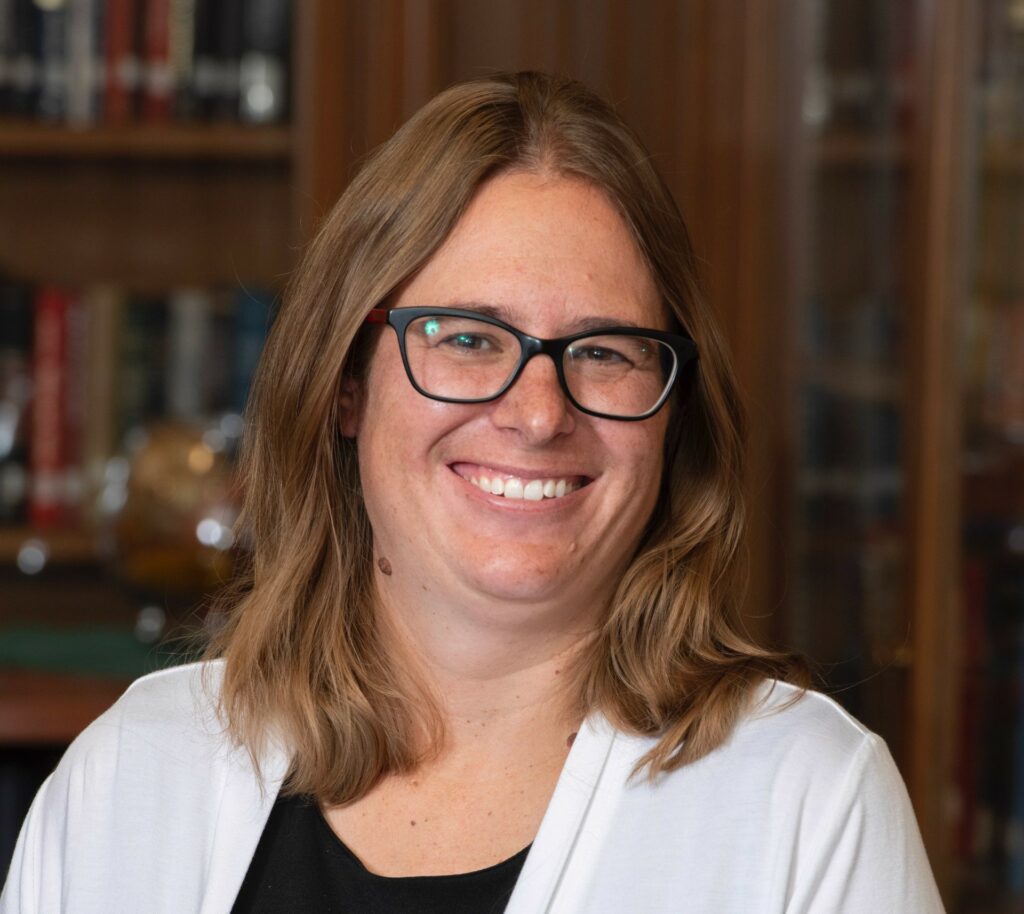
Emily Vraga
University of Minnesota (USA)
Emily Vraga is the Don and Carole Larson Professor in Health Communication at the University of Minnesota’s Hubbard School of Journalism and Mass Communication. Her research tests methods to identify and correct misinformation on social media, to build news literacy to improve audience resiliency, and to encourage attention to more diverse content. Vraga has published over 90 journal articles and her work has been supported by the National Science Foundation and the Andrew Carnegie Corporation. She has worked with international health organizations and social media platforms to improve efforts to address misinformation online.
Keynote title : Taking Media Literacy Online: Using Experimental Designs to Test Effective Interventions
Media literacy has great potential to improve information processing and resilience to misinformation, but it is often limited to classroom settings. As such, we often miss the audiences most in need of intervention and divorce media literacy from the online settings where its lessons are most needed. I reflect on over a decade of research using experimental designs to rigorously test the ability of a variety different media literacy messages using different formats – from short social media posts designed to reinforce existing beliefs to longer videos that describe key media literacy tenets – to meet diverse goals, including improving information processing, building audience resiliency to misinformation, and encouraging stronger news literacy beliefs. My research suggests that crafting effective and engaging media literacy messages to compete in online environments remains challenging. I argue we need more innovative research and long-term campaigns to better reach online audiences.

Renee Hobbs
University of Rhode Island (USA)
Renee Hobbs is one of the world’s leading authorities on digital and media literacy education. As a teacher, researcher, activist, and media professional, she has offered programs for educators on four continents and produced some of the leading empirical research on the subject. She is the Founder of the Media Education Lab, an online community that reached 20,000 users from 66 countries in 2021. At the University of Rhode Island, Hobbs serves as the Co-Director of the Graduate Certificate in Digital Literacy, a professional development program for educators that was officially recognized in the U.S. Office of Education’s National Education Technology Plan (2015).
As the ‘key witness’ of the Summer School, Renee will observe the event and respond to the presentations. She will lead the closing session, giving us her perspective on the 2024 edition of ReDMIL and inviting participants to reflect on its contributions to the field of new literacies research.
